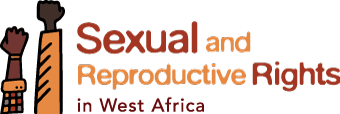A snapshot of the 4th SEXRWA webinar with Dr. Michelle Johnson, by Isaiete Jabulá and Blanca Sell Fernández.
"God, hear our Prayers: Gender, Islam, and Human Rights in Genital Cutting Debates in Guinea-Bissau and Portugal" As seen by Blanca…
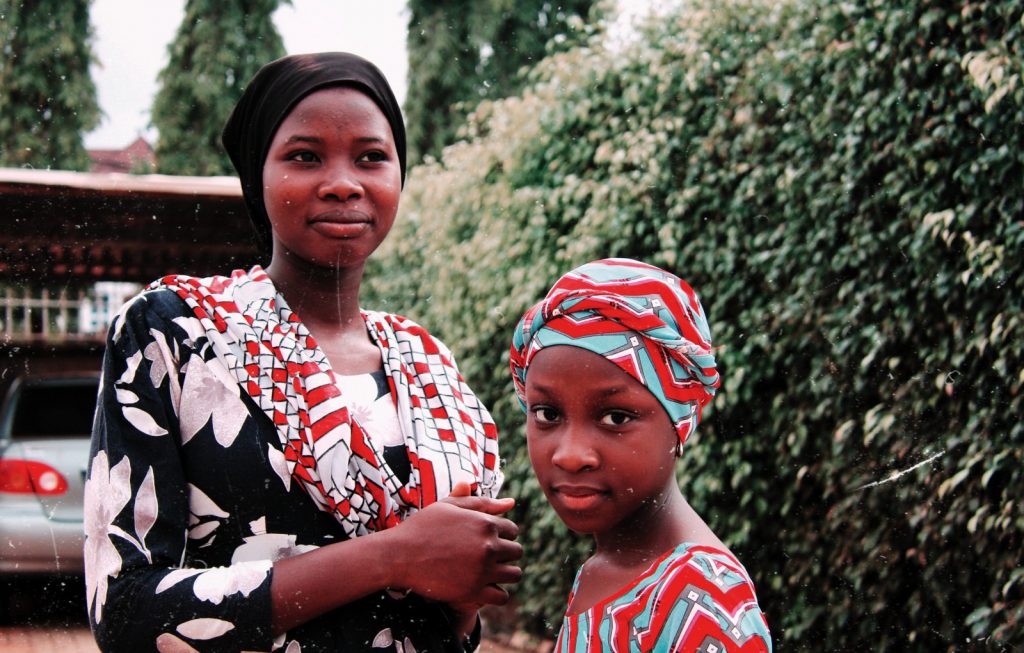
“God, hear our Prayers: Gender, Islam, and Human Rights in Genital Cutting Debates in Guinea-Bissau and Portugal“ As seen by
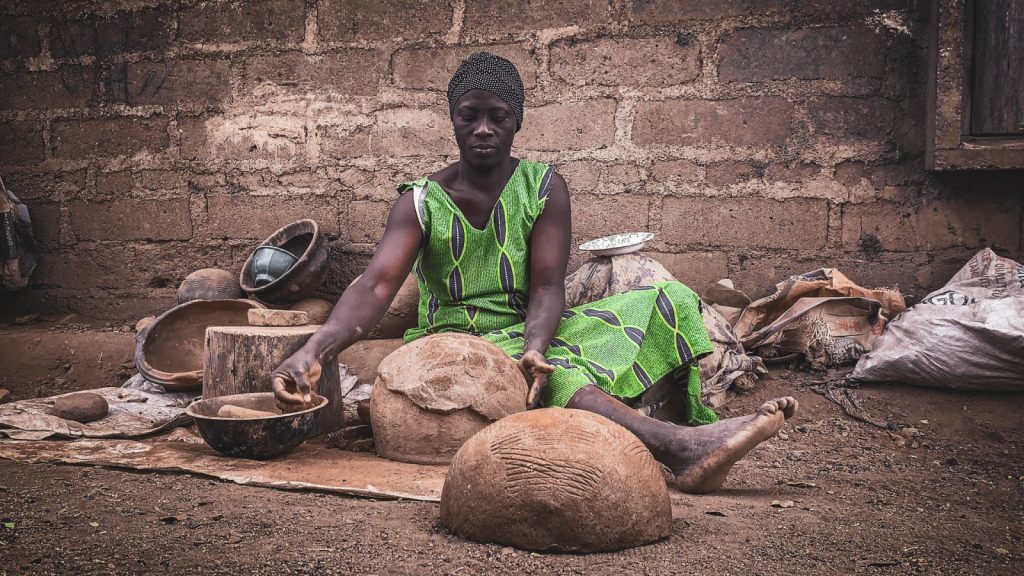
As seen by Isaiete Jabulá … In the Jola community, in northern Guinea-Bissau, widowhood produces severe social and economic penalties
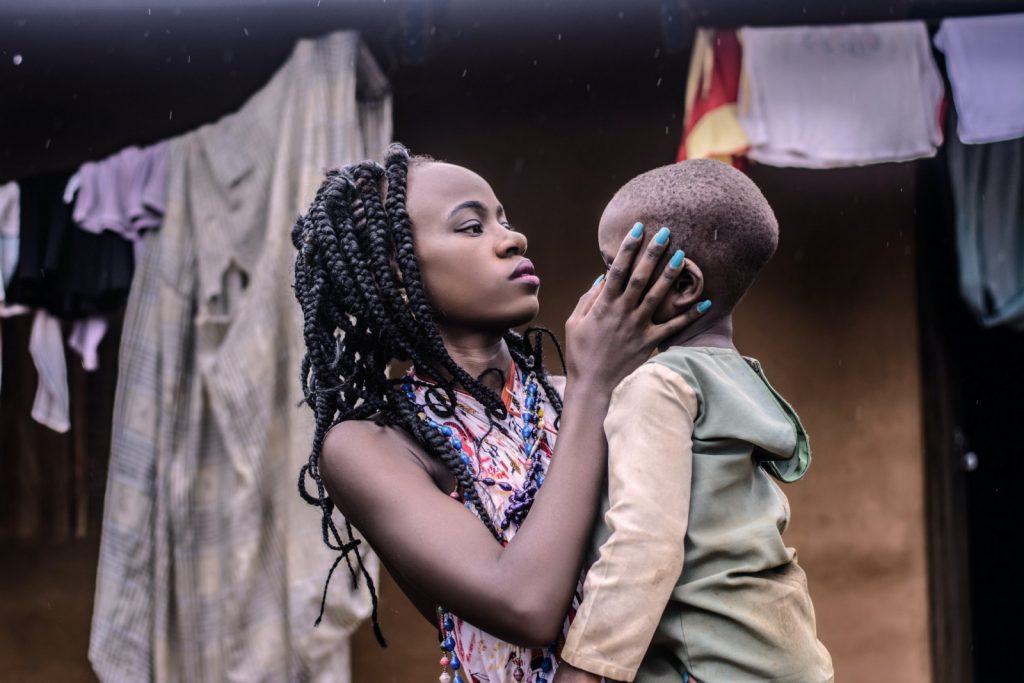
This post picks up some highlights from the 2nd Webinar in the SEXRWA project as viewed by our two Ma

This past Wednesday, on the 17th of March 2021, Dr. Marame Guèye, a professor from the University of East Carolina,
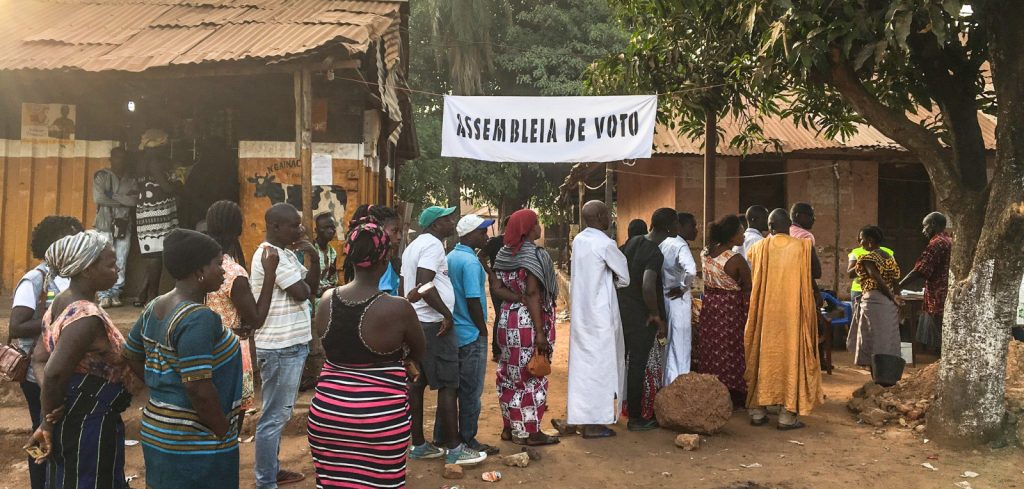
Sexual and reproductive rights were inscribed explicitly in human rights instruments during the 1990’s. While initially, especially during the 1970’s,
"God, hear our Prayers: Gender, Islam, and Human Rights in Genital Cutting Debates in Guinea-Bissau and Portugal" As seen by Blanca…
As seen by Isaiete Jabulá ... In the Jola community, in northern Guinea-Bissau, widowhood produces severe social and economic penalties for…
This post picks up some highlights from the 2nd Webinar in the SEXRWA project as viewed by our two Ma Students,…
The inclusion of sexual and reproductive rights on the global agendas was a reaction to the women’s movements around the world, reclaiming control over their sexuality and the refusal of male violence, including rape, sexual violence in war, murders of “honour”, female genital mutilation, prenatal sex selection and femicide. Even if important human rights instruments concerning women and sexual and reproductive rights were settled in the 1970’s, following significant social contestation, only in the last decade of the 20th century these rights were explicitly mentioned in the international human rights conventions. Encompassing gender and sexuality in the national or local agendas have always been subject to major resistances. Sexual rights in particular, including those affecting sexual minorities, or even abortion rights, have faced a persistent antagonism throughout the world, making it difficult to implement the most inclusive agendas. These vivid national or local reactions led to most legal approaches to human reproduction at the international level being conducted within the framework of health. Currently, sexual and reproductive rights are defined as the right to have a responsible, safe and satisfactory sexual and reproductive life, as well as to control and decide on its realization.
This project aims at understanding how the international agenda on sexual and reproductive rights is received in West African local societies and implemented in Senegal and Guinea Bissau. Particularly, the project looks into the international agendas’ implementation from the point of view of the main stakeholders, including sexual and reproductive health and rights main executors issuing from the civil society, namely NGOs and associations, and confronting these actions with the local perspective. The debate on sexual and reproductive agendas execution is organized around three vectors, namely equality / inequality, social legitimacy / illegitimacy and violence.
